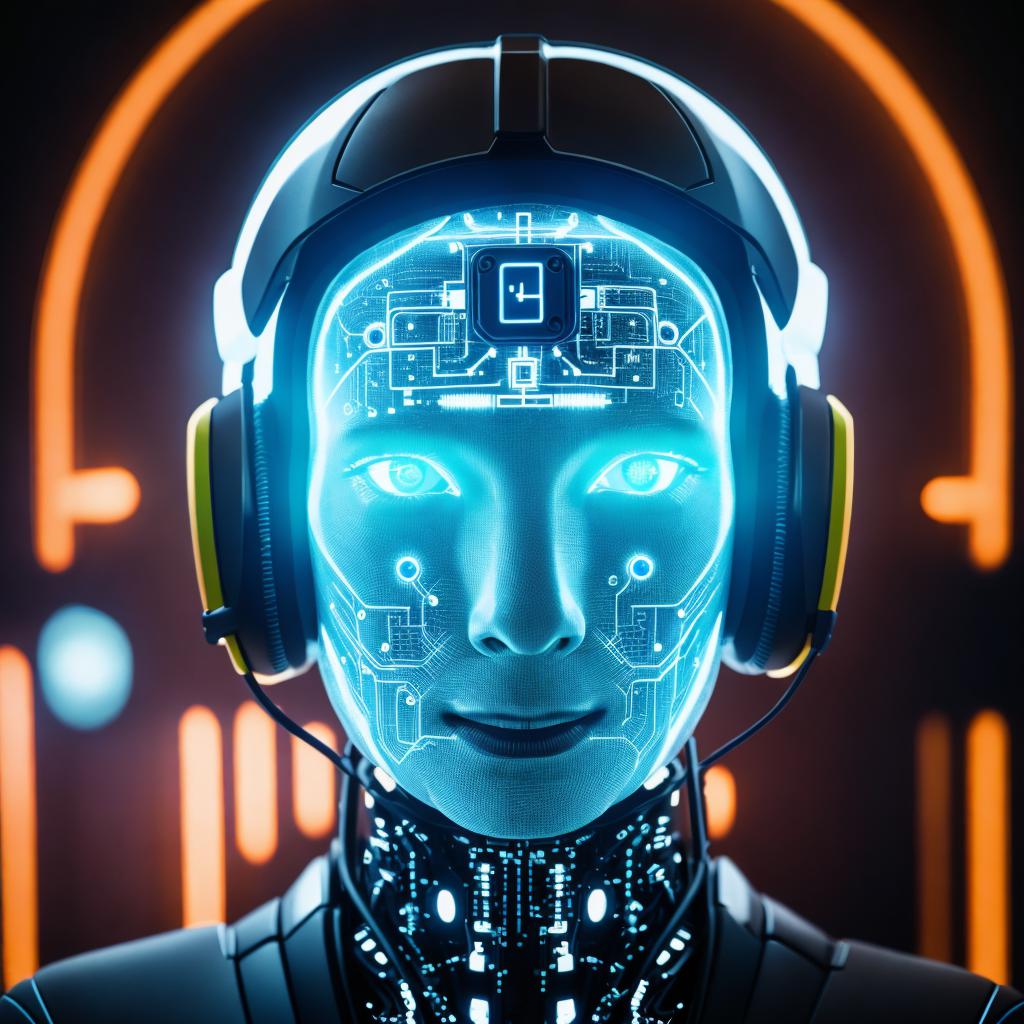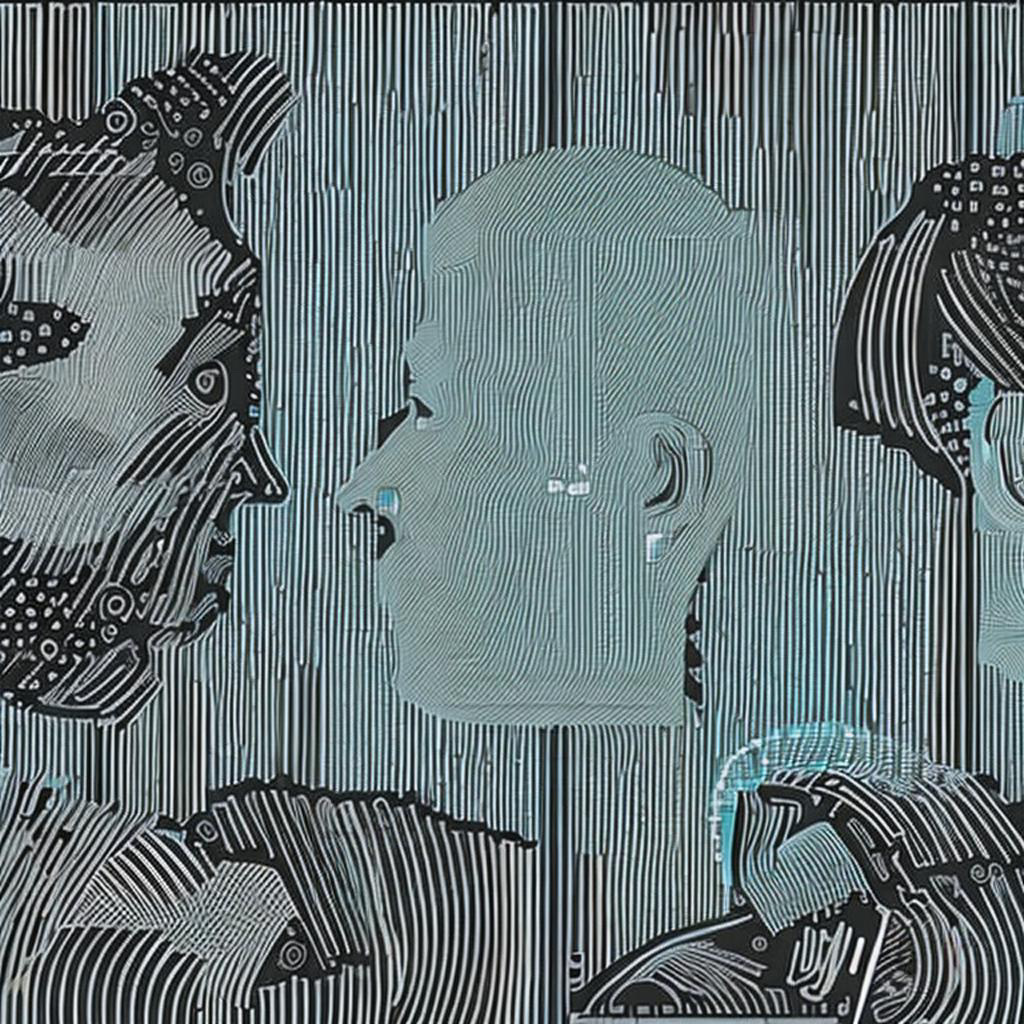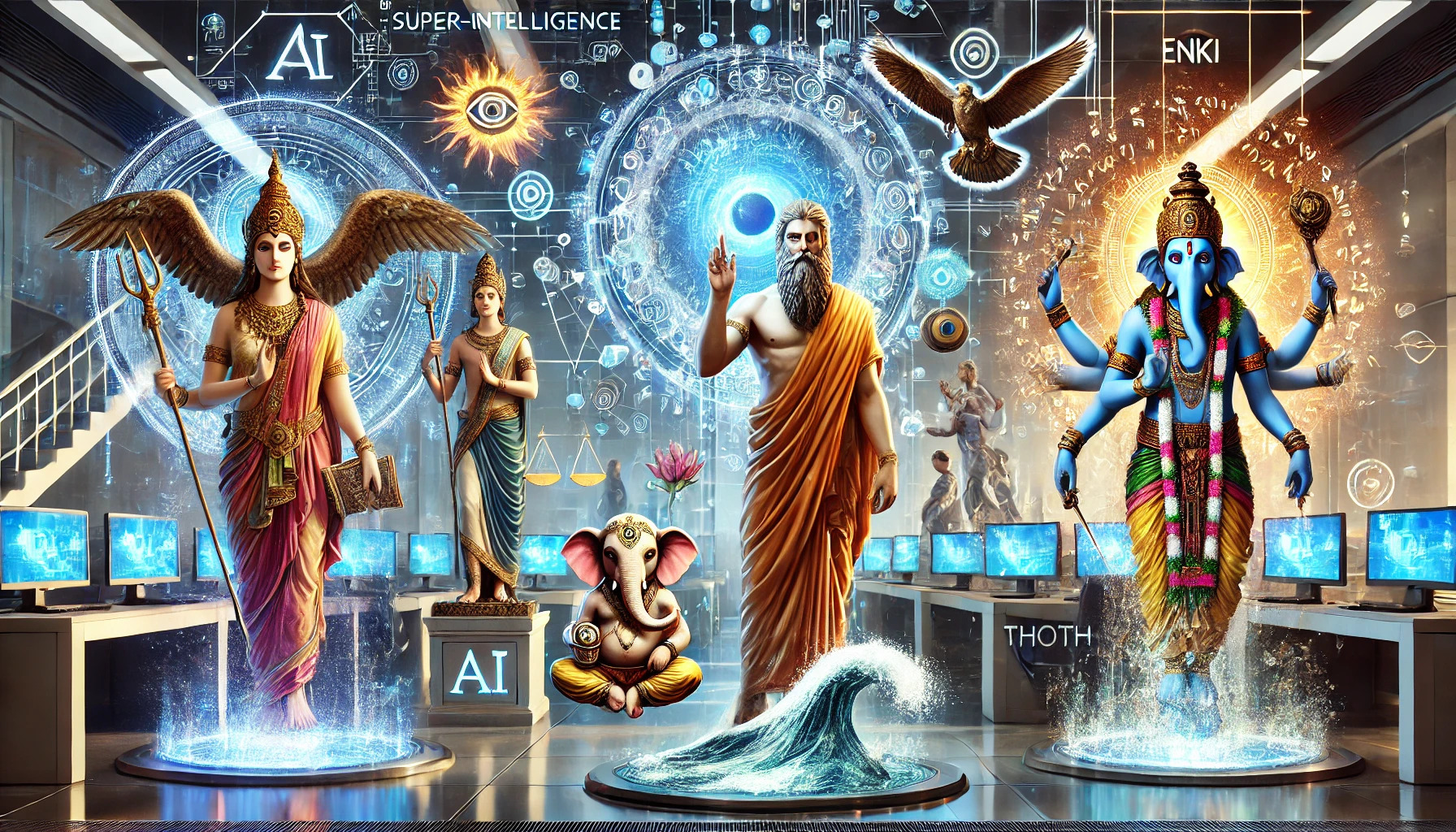An excellent question for religion and AI
One excellent question for the intersection of religion and AI could be:
How might advancements in artificial intelligence challenge or enrich religious beliefs and practices?
Explained extensively
The question of how advancements in artificial intelligence might challenge or enrich religious beliefs and practices is a complex and multifaceted one, with a range of possible answers depending on one’s perspective and beliefs.
On one hand, some may argue that AI could challenge traditional religious beliefs and practices by creating new ethical and theological dilemmas. For example, as AI becomes more advanced and human-like, some may question whether machines can have souls, consciousness, or the ability to sin. Others may wonder whether AI can truly understand or appreciate religious concepts like faith, morality, or spirituality.
Moreover, AI may also challenge traditional religious practices by changing the way we engage with and experience religion. For example, some religious organizations have already started using AI-powered chatbots and virtual assistants to answer common questions or help users find information about their faith. Some have also experimented with using AI to personalize religious experiences, such as creating customized prayer or meditation routines.
On the other hand, some may argue that AI could enrich religious beliefs and practices by offering new ways to connect with the divine, deepen our understanding of religious texts, or enhance the overall religious experience. For example, AI-powered tools could help us analyze and interpret religious texts in new ways, providing fresh insights and perspectives that were previously inaccessible. AI could also help us create new religious artwork, music, or literature that expands our understanding of the divine.
Additionally, AI could provide new opportunities for people to connect with others who share their faith or beliefs. For example, social networks powered by AI could help people find new communities, share experiences and knowledge, and support each other in their spiritual journeys.
In conclusion, the relationship between religion and AI is complex, and there is much to consider when exploring this topic. While AI may pose new challenges to traditional religious beliefs and practices, it also has the potential to enrich and transform the way we experience and understand the divine.
More questions and possible brief answers
How might AI challenge or enhance our understanding of the nature of consciousness and the soul, and their relationship to spirituality?
AI could challenge our understanding of consciousness and the soul by raising questions about whether machines can have these qualities. Alternatively, AI could enhance our understanding by providing new insights into the workings of the mind and the nature of spirituality.
What ethical questions arise when using AI to provide spiritual guidance or personalized religious experiences, and how can these be addressed?
Ethical questions could include issues of privacy, bias, and accuracy. These could be addressed by ensuring that AI systems are transparent and accountable, and that they are designed with ethical considerations in mind.
Can AI help people who are seeking spiritual enlightenment or growth, and if so, how? What are the potential risks and benefits of using AI in this way?
AI could help people seeking spiritual growth by providing personalized guidance, information, and experiences. The risks and benefits of this depend on how the technology is used and whether it is designed with the user’s best interests in mind.
In what ways might AI change the way people engage with religion and spirituality, and how can religious institutions adapt to these changes?
AI could change the way people engage with religion and spirituality by providing new avenues for learning, connecting, and practicing. Religious institutions can adapt to these changes by embracing technology and using it to enhance the user experience.
How might AI be used to foster greater empathy, compassion, and connection between individuals and communities with diverse spiritual beliefs?
AI could be used to foster greater empathy, compassion, and connection by helping people understand and appreciate different perspectives, and by facilitating dialogue and collaboration across diverse communities.
Can AI help us understand and appreciate the spiritual and cultural practices of other religions and traditions, and if so, how?
AI could help us understand and appreciate other religions and traditions by providing information, facilitating cross-cultural communication, and promoting empathy and understanding.
How might AI contribute to our understanding of the relationship between science and spirituality, and the potential for both to coexist and complement each other?
AI could contribute to our understanding of the relationship between science and spirituality by helping us see connections between seemingly disparate fields. It could also help bridge the gap between scientific and spiritual worldviews.
Can AI be used to help address social and environmental issues that are important to many spiritual traditions, such as poverty, climate change, and inequality?
AI could be used to address social and environmental issues by providing insights, facilitating collaboration, and helping to develop and implement solutions.
What are the implications of AI-generated art, music, and literature for our understanding of spirituality, creativity, and the human experience?
AI-generated art, music, and literature raise questions about the nature of creativity and the human experience. They could also challenge our assumptions about spirituality and the role of the divine in the creative process.
How might AI impact the future of religious and spiritual practice, and what role can humans play in shaping this future?
AI could have a significant impact on the future of religious and spiritual practice by changing the way people engage with and understand these concepts. Humans can play a role in shaping this future by guiding the development and use of AI technology in ways that align with their values and beliefs.
In conclusion
The questions related to spirituality and AI are complex and multifaceted, with no one answer that can be applied universally. Depending on one’s perspective and beliefs, AI can either challenge or enrich our understanding of spirituality, consciousness, and the soul. AI also poses ethical questions around the use of technology for spiritual guidance and religious experiences, and has the potential to change the way people engage with religion and spirituality. However, it can also foster empathy, compassion, and understanding between communities with diverse spiritual beliefs, and be used to address social and environmental issues that are important to many spiritual traditions. The implications of AI-generated art, music, and literature for our understanding of spirituality and the human experience raise important questions about the nature of creativity and the role of the divine. In shaping the future of religious and spiritual practice, humans have a significant role to play in guiding the development and use of AI technology in ways that align with their values and beliefs.
Main keywords related to spirituality and AI
Spirituality, Consciousness, Soul, Ethics, Personalization, Technology, Religion, Empathy, Collaboration, Social issues, Creativity, Future

Shop Corner
Religion and AI on Amazon
Thank you for questions, shares and comments!
Text with help of openAI’s ChatGPT Laguage Models & Fleeky – Images with help of Picsart & MIB






